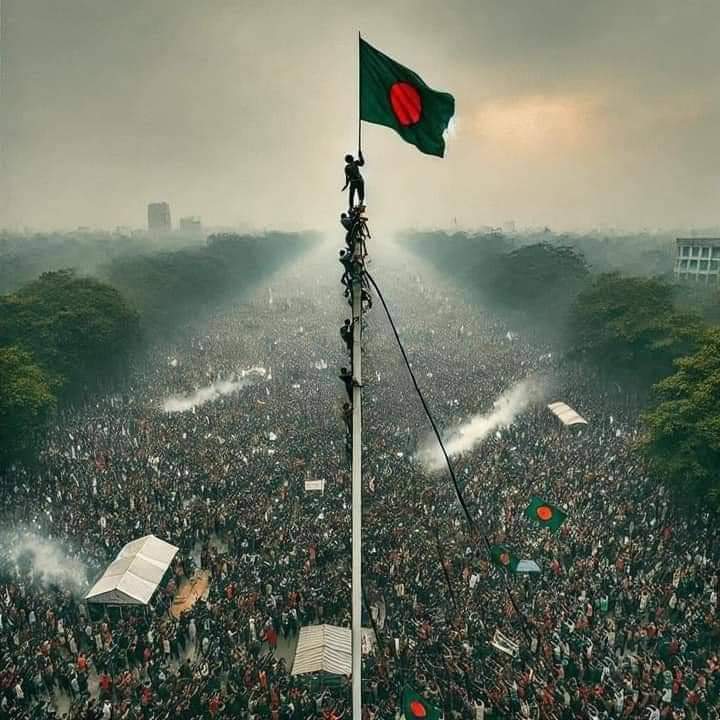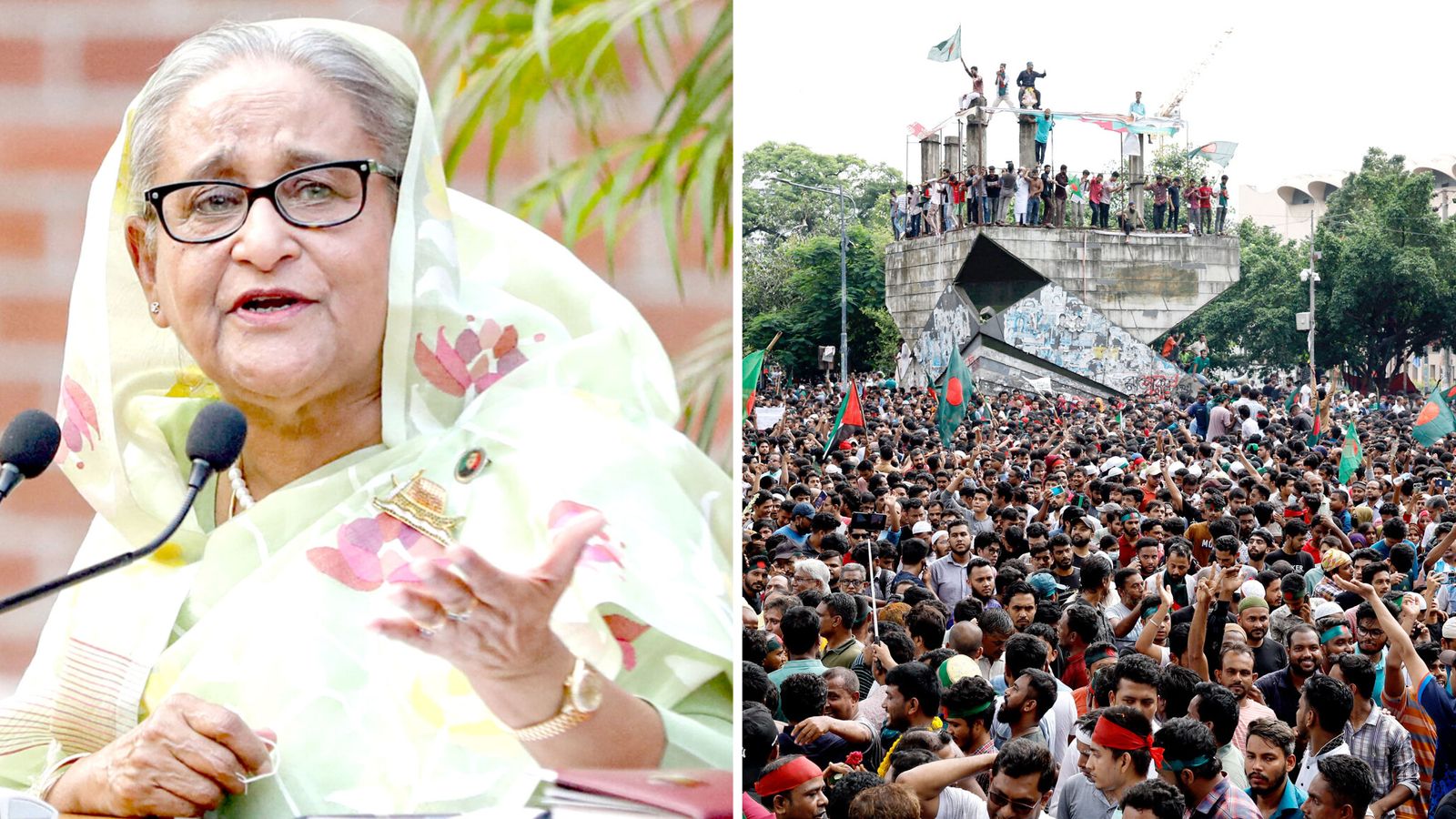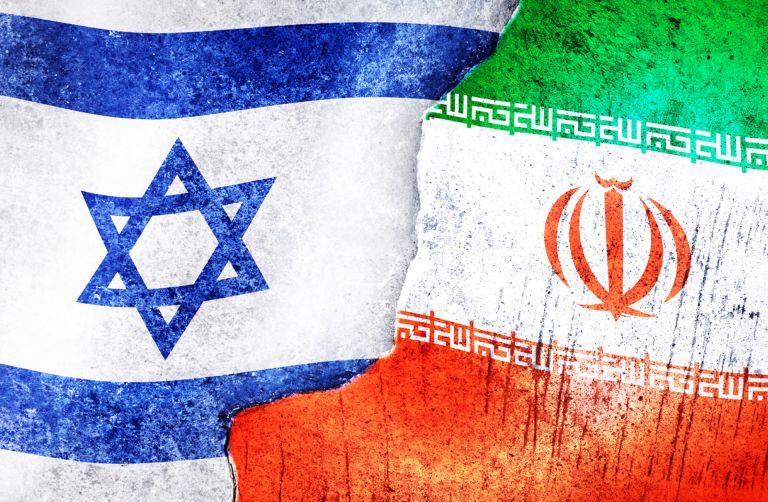The Army Chief of Bangladesh claims that the Prime Minister Sheikh Hasina has left the country in a dramatic manner. In over five decades since its establishment, it is one of the most severe violence prone incidents that have been witnessed by the country. The unrest has claimed lives of over 300 individuals with clashes being responsible for most of these deaths, precipitated from protests by different groups against controversial quota systems in government jobs.
Starting from late July, student leaders who first began protesting against the quota system demanded for their prime minister’s resignation. She won a fourth term as president in January this year where elections were boycotted by opposition members. It led to increased protests until Hasina resigned on August 5th, 2024.
On state television General Wakeruz Zaman, announced that an interim government would be put into place by army to solve these problems and save people’s lives. “We are going to set up an interim government,” he said while adding that negotiations should take place between him and President Mohammed Shahabuddin so as to find ways out of this quagmire.“ The army has also appealed to citizens to observe a curfew imposed throughout the country aimed at protecting life and property.
Facing increasing pressure from demonstrators, Hasina fled Dhaka by helicopter to West Bengal state in India, reportedly. According to the media she touched down at Agartala in Tripura, India. This act was seen as a desperate move to ensure her safety whatever it takes as thousands of protestors overflowed into her residence at Ganabhaban and cheered her departure. There were chaotic scenes in Dhaka where protesters clashed with security personnel, destroyed government buildings and tore down barricades.

The violence reached its peak on Sunday when at least 91 people were killed exceeding previous death tolls recorded during the protests. Government buildings and offices used by the ruling party experienced widespread vandalism and arson during this conflict. The government responded by shutting down internet services and imposing a curfew across the entire country which has severely affected daily life including stopping train services and closing more than 3,500 garment factories.
The government of Hasina is accused by the protesters of having used excessive force and the misapplication of state machinery to suppress opposition. Human rights groups and international observers have censured the situation. By students and other activists, the unrest was triggered by what they considered as an unfair quota system that gave preference to those who were descendants of freedom fighters in 1971 independence struggles.
In response to rising violence, the army has become a central player with even retired officers pleading with Hasina to withdraw troops and seek political solutions. General Zaman’s declaration about an interim government shows a major change in the country’s politics. He assured that military will act in people’s best interest following constitutional and legal procedures.
Given the ongoing political and social turbulence in Bangladesh, how an interim government is formed as well as the involvement of the military in restoring stability will be a determinant factor of what direction the country will take next. The world is still keen to see a peaceful settlement that would bring back peace and democratic leadership in Bangladesh.









Leave a Reply